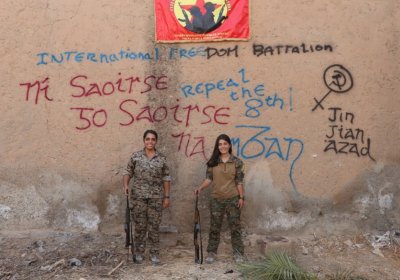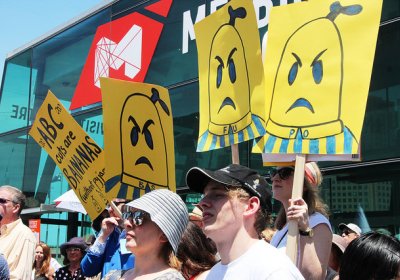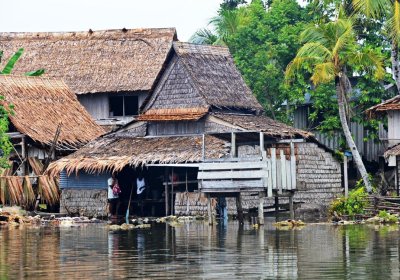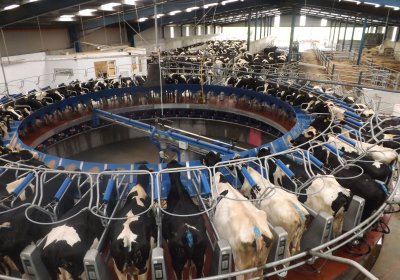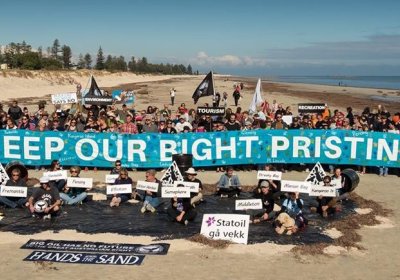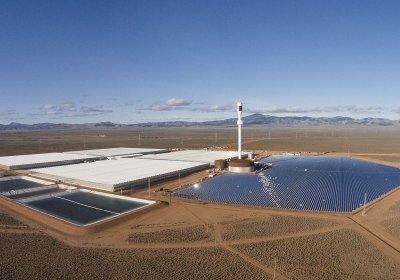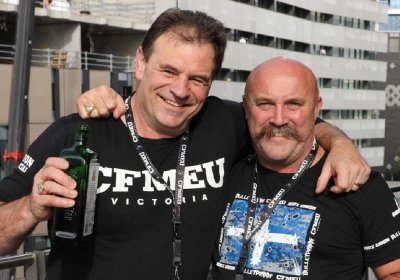As Ireland prepares for its referendum today, May 25, on repealing the constitutional amendment prohibiting free, safe, legal abortion, women and health workers in Rojava, the largely Kurdish area in Syria's north, have expressed their solidarity with Irish women’s right to choose.
With the exception of the Vatican state and Malta, Ireland has the most restrictive abortion laws in Europe. It exceeds Saudi Arabia and Qatar in its restrictions on women’s rights to basic reproductive health.
